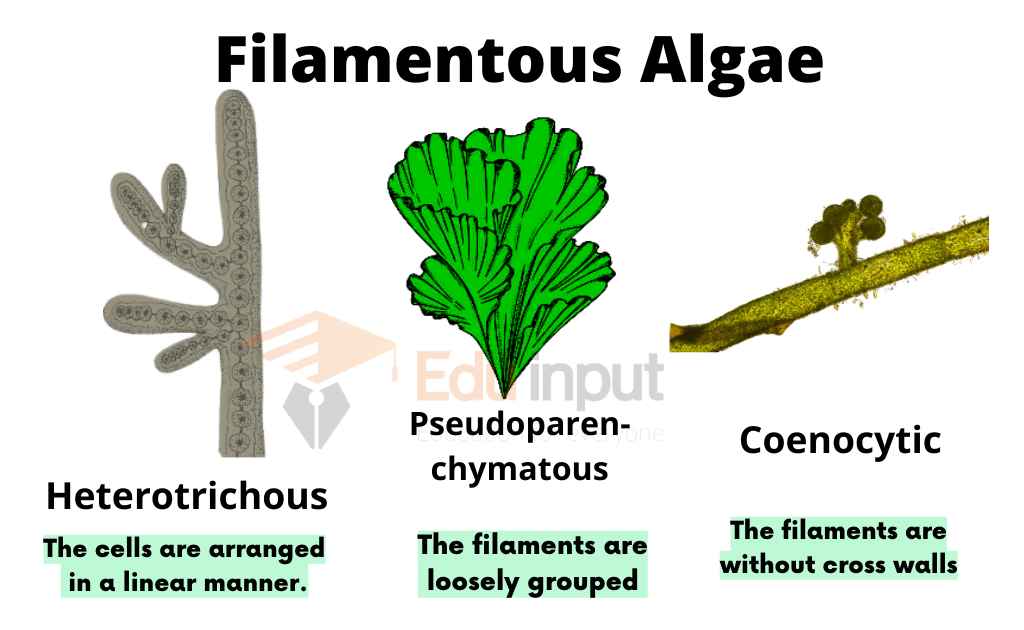Ecological Importance of Lichens
Lichens are ecologically important because they provide food and habitat for animals, provide nesting material for birds, protect trees and rocks from extreme elements, indicate pollution levels, contribute to rock weathering, aid in soil formation, and actively support various aspects of ecosystem functioning.
Ecological Importance of Lichens in Ecosystem
Lichens composed of a symbiotic relationship between a fungi and an alga or cyanobacterium, bring numerous ecological benefits. Here are its features that make them important for ecosystem:
1. Keystone Species
Lichens act as keystone species in many ecosystems. They form the foundation of complex food chains. They provide food source for various organisms.
Animals such as deer, birds, and rodents depends on lichens as a primary food source, especially in harsh and nutrient-poor environments.
2. Habitat and Nesting Materials
Lichens also serve as habitats and provide nesting materials for many birds. Birds, for example, utilize lichens to construct their nests. Birds use lichens because of their fibrous structure and insulation properties.
This symbiotic relationship between lichens and animals supports biodiversity and enhances the stability of ecosystems.
3. Protection against Extreme Elements
In environments prone to harsh weather conditions, lichens play an important role in protecting trees and rocks. Their crust-like or foliose structures shield surfaces from rain, wind, and snow.
By acting as a protective barrier, lichens prevent erosion and maintain the integrity of habitats, ensuring the survival of other organisms that rely on these habitats.
4. Pollution Indicators
Lichens are excellent bioindicators of environmental pollution. They are highly sensitive to air quality and can effectively absorb and accumulate pollutants such as sulfur dioxide, heavy metals, and nitrogen compounds.
By monitoring the health and vitality of lichen populations, scientists can assess the level of pollution in an area and take necessary actions to mitigate its impact on ecosystems and human health.
5. Rock Weathering and Soil Formation
Lichens play important role in rock weathering. As they grow on rocks, lichens release chemicals that break down the minerals present in the rock, It initiates a process known as chemical weathering.
Over time, this disintegration contributes to the breakdown of rocks into soil particles. Therefor Lichens actively participate in the formation of soil. They facilitate the growth of other plants and supporting the overall fertility and productivity of ecosystems.
6. Contribution to Water and Mineral Cycles
Lichens contribute to the water and mineral cycles in forests and rangelands. Their ability to retain moisture helps regulate water availability, preventing excessive evaporation and promoting a balanced ecosystem. When lichens die and decompose, they release essential nutrients back into the environment, enriching the soil and supporting the growth of other organisms.





Leave a Reply